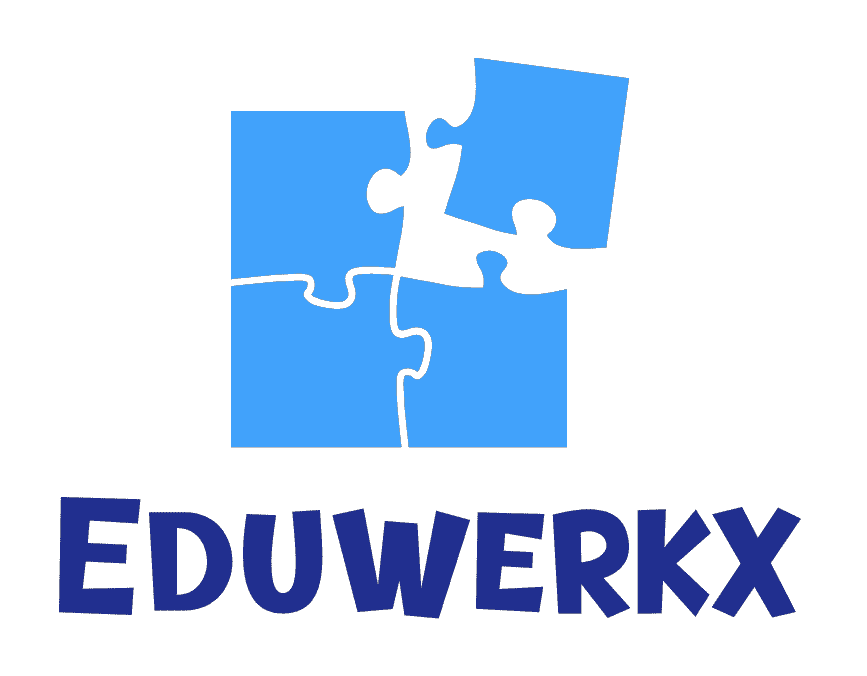As mentioned previously, children in stages 2 and 3 of ego development are in the dependency phase, where they tend to rely heavily on others and do not try very hard to improve their situation. They have an internal expectation that their needs, including validation and attention, should always be met by others. However, regardless of how much they receive, they will never feel fully satisfied. Their quest for attention drives them to seek conflicts and engage in arguments, regardless of the potential consequences.
They argue for the purpose of being seen as “right” or “superior”, reinforcing their self-image and getting the attention they crave. However, these are just passing stages in childhood. We will now take a closer look at what children in stage 3 of ego development are like.
Stage 3: Opportunist – Self-Protective Ego
In this stage, the prefrontal cortex is more developed but still far from mature. The child gains better control over their impulses, able to see beyond the short-term and have a better understanding of cause and effect. They’ve developed enough cognitive control to postpone immediate rewards or desires when it serves a specific goal, but still struggle with self-regulation in other areas of life. They are still reactive but only as a weapon to achieve their goals. Brain regions involving social cognition become more advanced, helping children better understand the thoughts of others and how to influence them. However, they still have trouble understanding the emotions of others.
They learn to be able to selectively share information or present it in ways that can serve their goals. This represents a significant cognitive advancement, not a character flaw. The brain regions essential for moral reasoning remain underdeveloped, leading them to view the world as a place where “might makes right.” Their moral reasoning becomes “anything goes” as long as the goal is achieved, and people are judged solely on whether they are aligned with them or against them, everything else is irrelevant. This mindset leads to a more transactional view of relationships, and should there arise an opportunity to benefit from a situation, they will abandon you without a single thought.
They also develop more complex feelings like pride, shame and embarrassment, and become increasingly aware of how they can be perceived by others, particularly authority figures. Children begin to place greater importance on social rewards, which drives them to develop strategies to be perceived as the “right” person that others want to be with. They also learn how to manipulate others and take advantage of situations to get ahead, using deception and bending the truth as tactics to achieve favourable outcomes. These behaviors are motivated by a desire to maintain control and dominate those with lesser authority.
The Traditional Education System
The traditional education system was primarily designed to create Conformists, which is the next stage of ego development. After the dependency stages, our natural survival instincts to fit in and avoid rejection—once a matter of life and death—emerges in Stage 4, the Conformist. This leads them to unquestioningly fit into the mold society has set for them, even exploitive ones like the “996 culture”. The education system during the Industrial Revolution alone was not enough to achieve this, it was the combination of education and the living conditions of the time that shaped people into Conformists.
However, those conditions no longer exist in modern times, and life is generally much better. Parents in today’s society often overprotect their children, creating an environment where children have limited opportunities to move beyond the dependency phase of Stage 3. The good thing is, their negative traits are less likely to emerge. On the flip side, children develop an “entitled” mindset that life should always be easy and that others will always be there to help them. The more protected a child is, the more likely they are to develop unrealistic expectations that minimal effort should lead to significant rewards.
This unrealistic mindset makes it difficult for them to feel motivated or happy, causing them to instinctively resist hard work and the personal growth necessary for progressing to the next stage of development. Curious about how the Conformist thinks and what drives their mindset? Like and follow for more.
